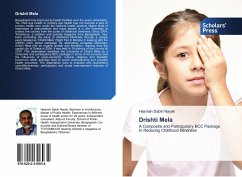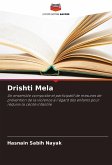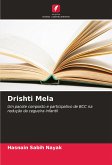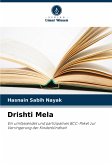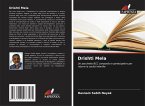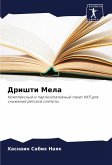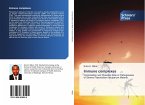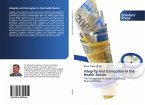Bangladesh has improved its health facilities over the years remarkably. Yet, child eye health or primary eye health has not become a part of primary health care under the national health systems. Higher level of awareness in policymakers and mass people is a dire necessity to protect the country from the curse of childhood blindness. Since 2004, Toitomboor, a children and juvenile magazine from Bangladesh, has been promoting the issue of childhood blindness through a unique event labeled as "Drishti Mela" (Sight Fair in Bangla) in keeping with the VISION 2020 global campaign for eliminating avoidable blindness. Drishti Mela had an organic growth and formation. Starting from the capital city of Dhaka in 2004, it was held in 18 districts of the country till 2007. This dissertation examines the outcomes of Drishti Mela as a composite and participatory BCC package in terms of the process and the influences of socio-economic, cultural, religious and disability factors by which activities lead to social understanding and possible health outcomes. The dissertation aims to evaluate and recommend cost-effectiveness, participatory and social empowerment features of Drishti Mela.
Bitte wählen Sie Ihr Anliegen aus.
Rechnungen
Retourenschein anfordern
Bestellstatus
Storno

